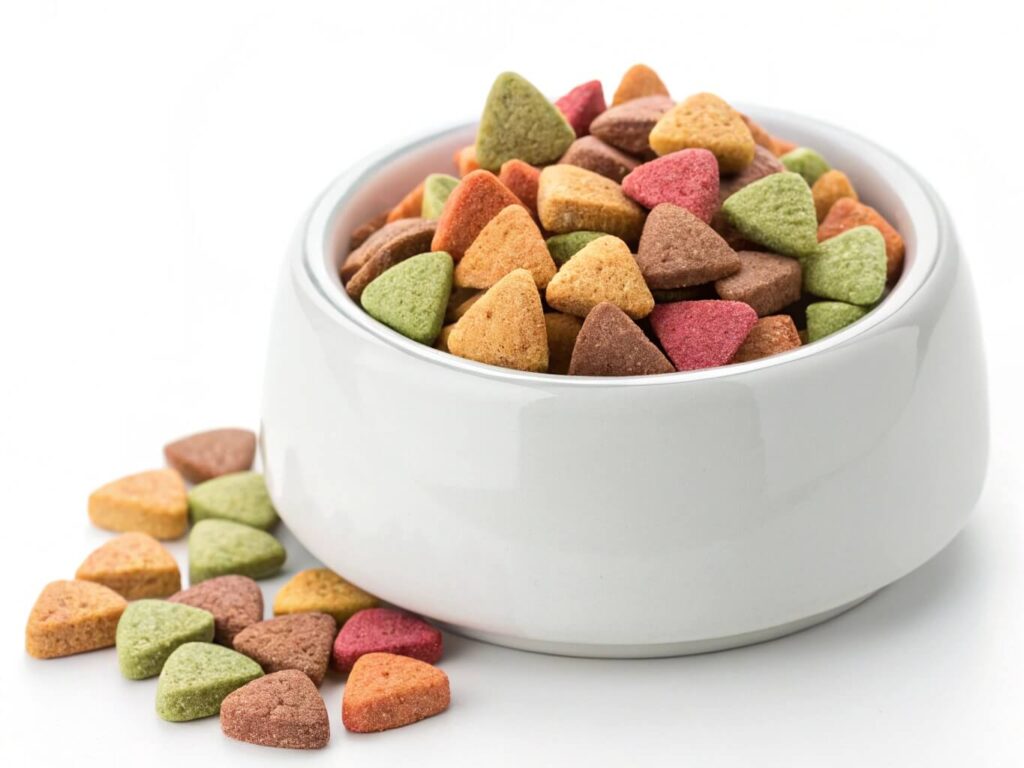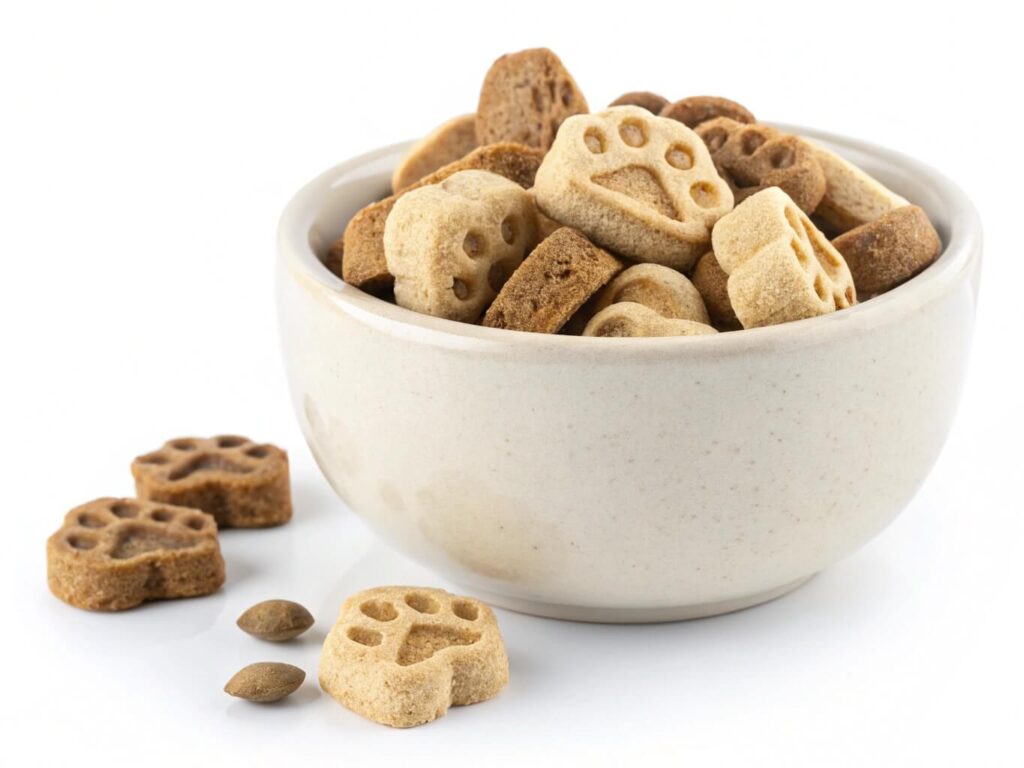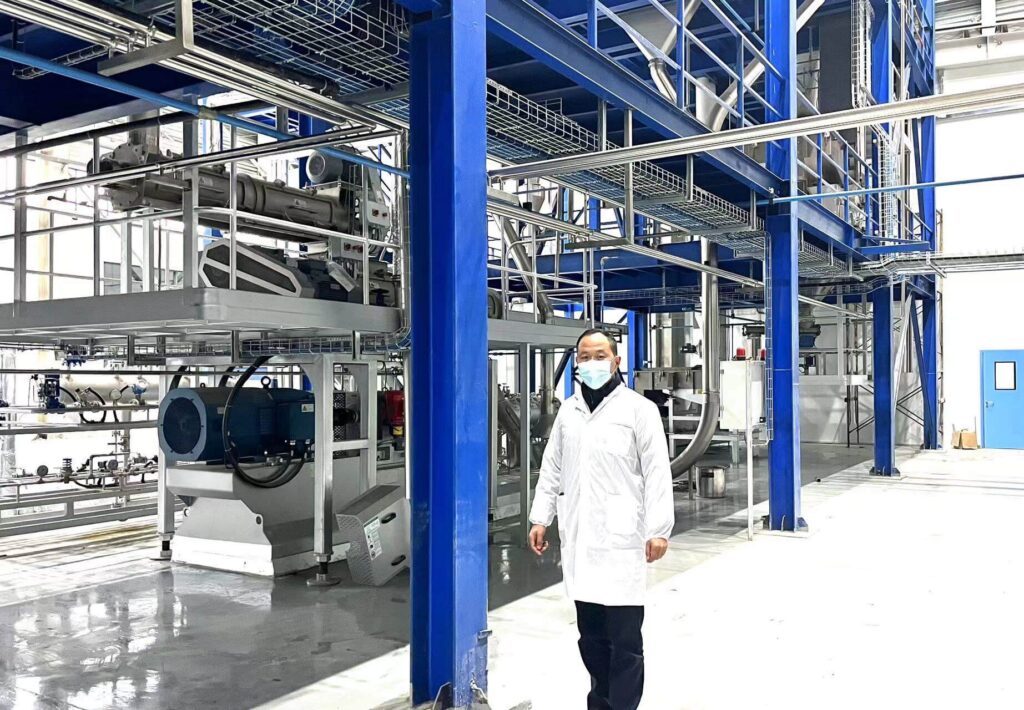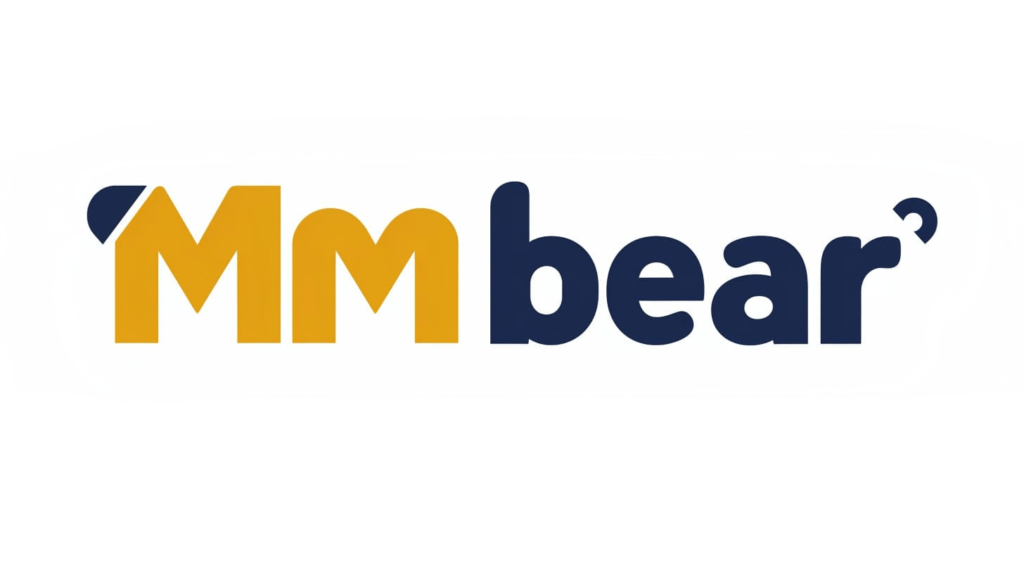Worried about finding affordable, quality dog food for your business? It's a valid concern!
The best dog food wholesale prices typically range from $700 to $1,200 per ton, depending on the protein and fat ratios. Finding a reliable supplier with transparent quality control is crucial to ensure the health of pets and maintain your brand's reputation.

Okay, so you know the price range. But how do you navigate the world of wholesale dog food to get the best deal and avoid potential pitfalls? Let's explore.
Which Countries Import Dog Food Wholesale?
Struggling to figure out where the demand for wholesale dog food is highest? You're not alone.
Many countries import dog food wholesale, with major markets including North America, Europe, and Asia. The specific countries that import the most can vary depending on economic conditions and consumer preferences. However, it's pretty safe to say that you can export dog food to pretty much any country in the world except India!

Diving deeper, understanding the global landscape of dog food imports requires considering several factors.
- Market Demand: Developed countries with high pet ownership rates, like the United States, Germany, and the United Kingdom, are significant importers.
- Economic Factors: Emerging economies with growing disposable incomes and increasing pet adoption rates, such as China and Brazil, also present considerable import opportunities.
- Regulatory Standards: Different countries have varying regulations regarding pet food ingredients, labeling, and safety standards, so it's important to know what these are.
For example, many small workshops and factories use poor-quality raw materials to offer attractively low prices, but pets may experience diarrhea, vomiting, or other health issues after consumption. These manufacturers often dismiss such issues as "individual digestive differences," but poor-quality pet food critically damages brand trust and reputation. At Petmmbear we can make sure to debunk these common protein/fat ratio myths!
Here are some common protein/fat ratios in the market for both dog and cat food:
| Protein % | Fat % |
|---|---|
| 20% | 9% |
| 24% | 10% |
| 28% | 12% |
| 32% | 14% |
| 36% | 16% |
How to Find Wholesale Dog Food Suppliers for Import?
Overwhelmed by the number of dog food suppliers out there? It's a common problem!
To find wholesale dog food suppliers for import, start by researching online directories and trade platforms. Verify the supplier's certifications (ISO/HACCP) and request lab reports to ensure quality. It's also wise to confirm they have partnerships with reliable freight forwarders.

Here's a more detailed breakdown of how to find the right supplier:
- Online Research: Use platforms like Alibaba, Global Sources, and industry-specific directories to identify potential suppliers.
- Certifications: Look for suppliers with ISO and HACCP certifications, as these indicate adherence to quality and safety standards.
- Lab Reports: Request lab reports covering nutritional content, microbiological safety, and heavy metal testing to ensure the food meets your standards.
- Freight Forwarders: Confirm that the supplier has partnerships with reliable freight forwarders to ensure safe and timely delivery.
A key thing to remember is that there are thousands of pet food manufacturers in China, but only a dozen or so hold the official export certification from Chinese authorities—and we are one of them.
Complete Production Workflow:
- Material Sorting: Raw ingredients (meat meal, grains, vegetables, vitamin/mineral premixes) undergo visual inspection, quantity verification, and barcode-tracked batch documentation for traceability.
- Quality Control: Lab tests cover:
- Physical/chemical properties (moisture, protein, fat)
- Microbiological safety (total bacteria count, Salmonella, E. coli)
- Heavy metals, mycotoxins, sensory traits (odor/color).
- Material Classification: Approved ingredients enter production; rejected batches are labeled, returned, and recorded in supplier evaluation systems.
- Processing: Strict adherence to recipes and monitored steps—precise mixing, extrusion/cooking, drying, coating, shaping, and packaging—with real-time parameter checks (temperature/pressure/time).
- Final QC: Random sampling tests nutrition balance, kibble size, texture, microbiology, and chemical residues. Non-compliant batches are reprocessed.
- Pre-Shipment Audit: Inspection of labeling, packaging integrity, quantity, and compliance with export/order requirements before release.
What Licenses Are Needed for Wholesale Pet Food?
Confused about the legal requirements for importing wholesale pet food? It’s understandable!
The licenses needed for wholesale pet food typically include an import license, a health certificate from the exporting country, and compliance with the importing country's pet food regulations. It's crucial to check with the relevant authorities in your country to ensure full compliance.

Navigating the licensing landscape involves several key steps:
- Import License: Obtain the necessary import license from your country's customs or agricultural authority.
- Health Certificate: Ensure the pet food is accompanied by a health certificate issued by the exporting country's veterinary authority. This certificate verifies that the food meets health and safety standards.
- Compliance with Regulations: Familiarize yourself with your country's specific regulations regarding pet food ingredients, labeling, and additives.
- Customs Clearance: Prepare all necessary documentation for customs clearance, including invoices, packing lists, and certificates of origin.
Remember to verify if the factory is registered with China Customs for pet food exports. Request lab reports covering nutrition, microbiology, and heavy metals, and prioritize ISO/HACCP-certified manufacturers for higher safety standards.
Conclusion
Finding the best wholesale dog food prices requires research, due diligence, and a focus on quality.
Any questions about pet food welcome to reach to us today!



